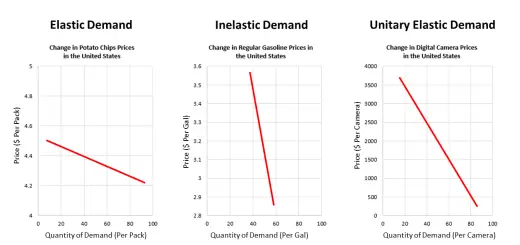Bonus Issue: Explanation, Calculation & Real-World Examples
What is a Bonus Issue?
Bonus shares (also known as capitalization issues or scrip issues) are extra shares offered to the current shareholders without any additional cost, which is based on a common multiplication of the number of shares owned by each shareholder.
As a simple example, if Tom owns 100 shares of a company and if the company decides to offer 1:4 bonus shares (1 extra share for every 4 shares), then tom will receive a total of 25 extra shares (100 x 1/4). Tom’s total number of shares will be 125 (100 + 25).
Why Do Companies Issue Bonus Shares?
Bonus issues are an option to provide returns to the shareholders instead of paying dividends. When companies are in a financial struggle to pay out dividends, the company usually offers bonus shares so that the shareholders can sell the bonus shares to get cash returns.
Other than the above, companies issue bonus shares to restructure company reserves. The bonus share issue does not affect the company’s cash flow. It increases the share capital of the company’s financial statements, but not its net assets.
Also, if management thinks that the price per share is not affordable enough for the investors, then the bonus issue is an option that will increase the number of outstanding shares and result in a per share price decrease.
Examples of Bonus Issue Calculation
For example, the company decides to offer a two-for-five bonus issue. This means the existing shareholders get two new shares for every five shares they own.
- If Rickey owns 2,000 shares before the bonus issue, then Rickey will get 800 bonus shares (2,000 x 2/5).
- If Moody owns 50 shares before the bonus issue, then Moody will get 20 bonus shares (800 x 2/5).
Real World Examples of Bonus Share Issue
1. Saudi Telecom Bonus Share Issue in 2022
Saudi Telecom Company (STC) plans to increase the company’s capital by 150% to $13.33bn through bonus shares offering.
Read More:
- Saudi Arabia’s STC board recommends 150% capital increase through bonus shares – Published By thenationalnews.com
- Saudi Telecom Company –stc- announces the Board of Directors’ recommendation to increase stc’s capital by granting bonus shares – Published by saudiexchange.sa
2. Hong Fok Bonus Issue in 2016
Hong Fok Corporation Limited is a residential property managers company, listed on the Singapore Exchange Securities Trading Limited. It announced a bonus issue to its shareholders based on one (1) bonus share for every ten (10) existing ordinary shares. The purpose of this bonus issue was to give due recognition to the shareholders, reward shareholder loyalty, increase the accessibility of an investment in the Company to more investors, and encourage trading liquidity.
Read More:
3. AAA Technologies – Bonus Issue in 2022
AAA Technologies Ltd announced a bonus issue in 2022 with a ratio of 1:2.
Read More:
Types of Bonus Issue
Bonus issues are classified into two types,
- Fully Paid Bonus Shares
- Partly Paid Bonus Shares
1. Fully Paid Bonus Shares
Fully paid bonus shares are when the shares are distributed at no additional cost, in the stake of the investor’s holding in the company. This simply means investors will get the extra shares without any cost.
Fully paid bonus shares can be issued in the sources of profit and loss account, capital redemption reserves, capital reserves, and security premium account.
2. Partly Paid Bonus Shares
A partly paid bonus issue means the investor can buy the additional shares without paying the total issue price. The remaining amount for partly paid shares can be paid in installments based on the decisions made by the company.
Additional Note: Partly-paid-up bonus shares occur when the bonus issue is involved in the partly-paid shares, converted into fully paid shares, and does not call out the uncalled amount through profit capitalization. These shares cannot be issued through a security account or capital redemption reserve account.
Stock Splits versus Bonus Shares
Stock splits and bonus shares are two different types, but both have similarities and differences as below.
A stock split is a finance method to divide each company’s stock into a particular number. After the stock split, the number of shares of that company increases, but the market capitalization (company net worth) remains the same.
There is no improvement or reduction in the company’s cash reserves in the stock split. But the shares are paid for out of the cash reserves, and the reserves deplete in bonus issues.
Learn More with LearnBusinessConcepts.com
- Initial Public Offering (IPO): Explanation, Steps & Examples
- Advantages & Disadvantages of Initial Public Offering (IPO)


